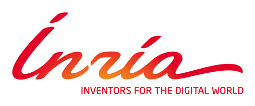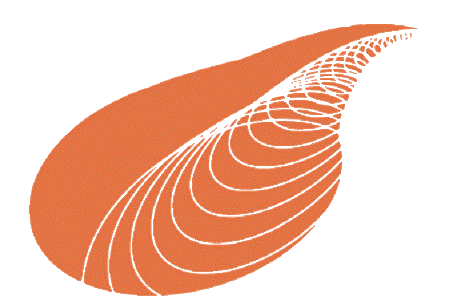About us¶
This is a community effort, and as such many people have contributed to it over the years.
History¶
This project was started in 2007 as a Google Summer of Code project by David Cournapeau. Later that year, Matthieu Brucher started work on this project as part of his thesis.
In 2010 Fabian Pedregosa, Gael Varoquaux, Alexandre Gramfort and Vincent Michel of INRIA took leadership of the project and made the first public release, February the 1st 2010. Since then, several releases have appeared following a ~3 month cycle, and a thriving international community has been leading the development.
People¶
|
|
Citing scikit-learn¶
If you use scikit-learn in scientific publication, we would appreciate citations to the following paper:
Scikit-learn: Machine Learning in Python, Pedregosa et al., JMLR 12, pp. 2825-2830, 2011.
Bibtex entry:
@article{scikit-learn, title={Scikit-learn: Machine Learning in {P}ython}, author={Pedregosa, F. and Varoquaux, G. and Gramfort, A. and Michel, V. and Thirion, B. and Grisel, O. and Blondel, M. and Prettenhofer, P. and Weiss, R. and Dubourg, V. and Vanderplas, J. and Passos, A. and Cournapeau, D. and Brucher, M. and Perrot, M. and Duchesnay, E.}, journal={Journal of Machine Learning Research}, volume={12}, pages={2825--2830}, year={2011} }
Funding¶
INRIA actively supports this project. It has provided funding for Fabian Pedregosa to work on this project full time in the period 2010-2012. It also hosts coding sprints and other events.

Google sponsored David Cournapeau with a Summer of Code Scholarship in the summer of 2007, Vlad Niculae in 2011, and Vlad Niculae and Immanuel Bayer in 2012 . It also provided funding for sprints and events around scikit-learn. If you would like to participate in the next Google Summer of code program, please see this page
The NeuroDebian project providing Debian packaging and contributions is supported by Dr. James V. Haxby (Dartmouth College).
The PSF helped find and manage funding for our 2011 Granada sprint. More information can be found here
tinyclues funded the 2011 international Granada sprint.
Donating to the project¶
If you are interested in donating to the project or to one of our code-sprints, you can use the Paypal button below or the NumFOCUS Donations Page (if you use the latter, please indicate that you are donating for the scikit-learn project).
All donations will be handled by `NumFOCUS <http://numfocus.org/donations`_, a non-profit-organization which is managed by a board of `Scipy community members <http://numfocus.org/board`_. NumFOCUS’s mission is to foster scientific computing software, in particular in Python. As a fiscal home of scikit-learn, it ensures that money is available when needed to keep the project funded and available while in compliance with tax regulations.
The received donations for the scikit-learn project mostly will go towards covering travel-expenses for code sprints, as well as towards the organization budget of the project [1].
Notes
| [1] | Regarding the organization budget in particular, we might use some of the donated funds to pay for other project expenses such as DNS, hosting or continuous integration services. |





